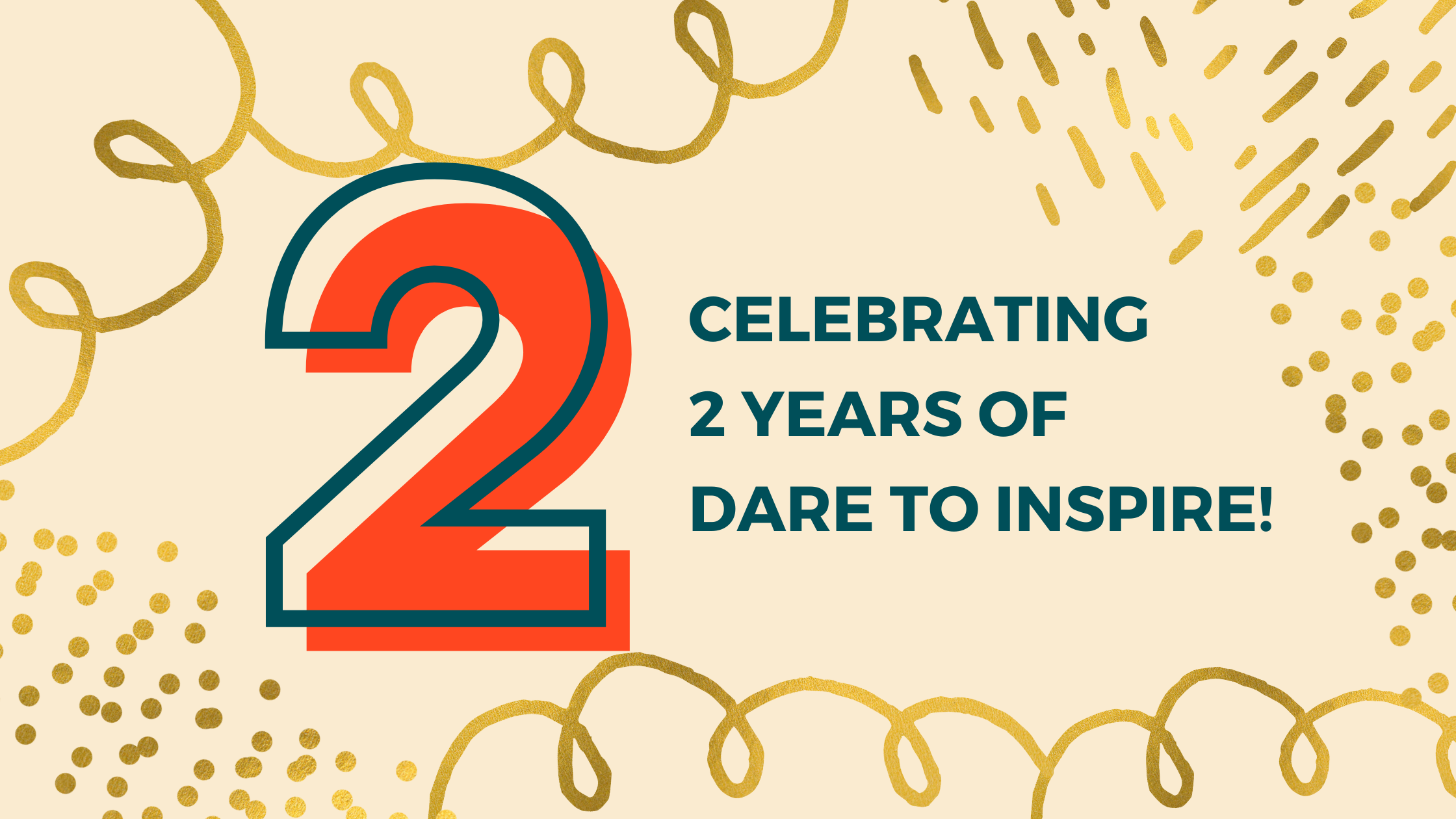
Soft Skills: The Secret Strength of Your Business Strategy
Soft Leadership Skills: The Secret Strength of Your Business Strategy
When we work with clients to define and design our performance partnership, it almost always includes some form of executive leadership coaching and training on how to give and receive motivating feedback. Despite the wide use of executive coaching firms, and the research and resources available on the science of feedback, many leaders continue to view the value of soft skills as just that, soft. They fail to see such work as an investment in what they really are: leadership development skills that drive performance and success.
Soft Leadership Skills Defined
So, what do we mean by “soft skills”?
Soft skills are most often defined as people or interpersonal skills, and can include communication skills, feedback, listening skills, empathy, common sense and situational awareness.
A coaching culture makes supporting and accelerating soft skills development, at every level, a strategic priority for all leaders.
Pamela Campagna writes that “a recent experiment by Professors from the University of Michigan, Harvard and Boston College suggests that soft skills training has a positive impact on workplace outcomes such as retention, productivity, and job satisfaction. This translates into increased return on employer investment for organizations that seek to build their leadership capacity in a sustainable way.”
While soft skills are more difficult to quantify and evaluate than “harder” technical skills, they are what drive successful organizational strategy and performance.
Trust: The Most Important Soft Leadership Skill
One thing that often gets left out of the conversation when talking about building and cultivating feedback, communication skills and coaching for performance excellence is the one thing that if not present will hinder success: trust.
In a 2016 Harvard Business Review piece, Stephen M. R. Covey and Douglas R. Conant point out that “a leader can never really be effective and inspiring without an important quality that is regularly taken for granted: trust.” They go on to say that “cultivating a high-trust culture is not a ‘soft’ skill — it’s a hard necessity”. In fact, 45 percent of employees state lack of trust in leadership is the biggest issue affecting their work performance, and In its 2016 global CEO survey, PwC reported that 55% of CEOs think that a lack of trust is a threat to their organization’s growth.
The core of future organizational performance excellence is a coaching and feedback culture built on a foundation of trust.
Soft Skills & Sustainable Leadership
As we look towards 2020 and beyond, it is clear that the value of enhancing soft skills, supported by a deep wellspring of trust, is at the core of a business strategy; something that requires an investment in designing a powerful people strategy.
In an interview with People Matters, Madhu Reddy, a Professor in the School of Communication at Northwestern University, cautions leaders in resisting an investment in building soft skills, “I think a lot of people are hard-wired to think that soft skills are not important. They tend to dismiss it as something that is easy. I would not advocate using the word ‘soft,’ because these skills are hard to acquire and the journey of leading others is complex.”
Annual offsite retreats, a once-a-year performance management conversation and an occasional employee training or webinar are simply not enough. Developing high-quality leaders and creating an inspired performance culture requires frequent and consistent attention and a structure, systems and processes that support it.
Today’s managers are being asked to lead across multiple generations, diverse and remote teams- all within rapidly changing environments. We know that managing and leading are not the same thing. Technological mastery and expertise are critical for individual performance, but leading and developing people require significantly different skills for inspiring performance.
An organization’s commitment to and investment in an innovative and agile people strategy around developing “soft skills” and building competencies for high performing leaders, is what will yield sustainable success.







